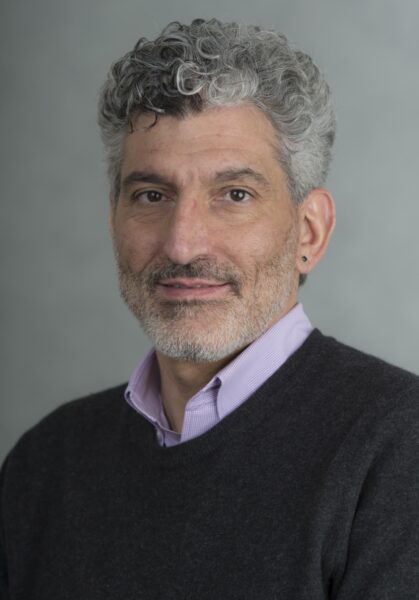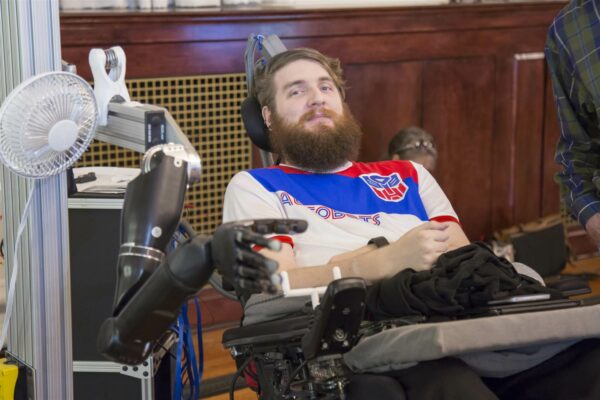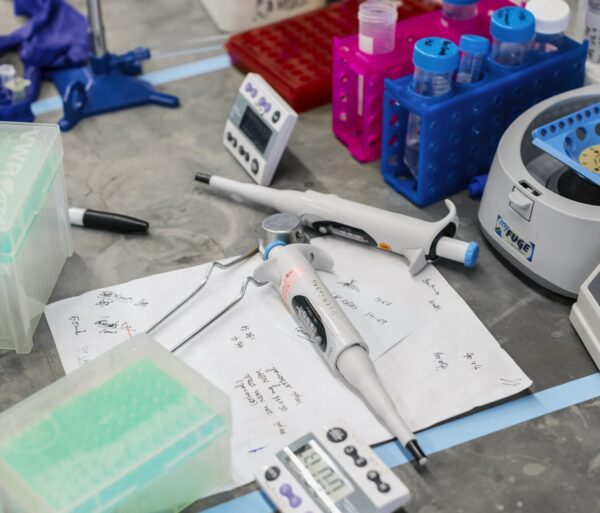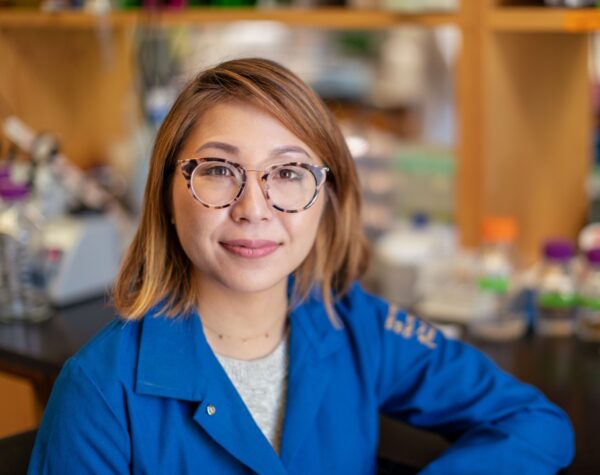
In 2002 Dr. Nicholas Hatsopoulos, Department of Organismal Biology and Anatomy at The University of Chicago, was awarded his first $25,000 seed grant. His lab set out to understand the basics behind how neurons in the motor cortex controlled reaching movement. In 2008, his project expanded, with the help of an additional $25,000 seed grant to examine more complex tasks. The goal of this project was to understand how neurons in multiple motor cortical areas coordinated reach to grasp behavior.
Dr. Hatsopoulos and his team were very productive and generated extremely interesting results.
His lab was the first to demonstrate that kinesthetic sensory feedback enhanced the speed of getting to a visual target. That is, by mechanically moving an animal’s arm to follow the visual cursor the monkey was controlling via the motor cortex of his mind, they showed that the time it took to successfully have the cursor reach a target decreased (40% faster), than if they did not move the arm. The results were included in new research proposals to obtain larger, outside grants, totaling $4.2 million. The additional support enabled him to continue his line of work and to collaborate with other scientists.
Dr. Sliman Bensmaia, also in the Department of Organismal Biology and Anatomy at The University of Chicago, studies the sense of touch and has worked with a team at the University of Pittsburgh to create a prosthetic arm that is controlled or moved by the mind and enables the patient to regain sensation of touch through its hand which was achieved in one patient. The goal now was to combine Bensmaia’s expertise on somatosensory research with Hatsopoulos’ expertise of motor neuroscience to expand on this initial success.
The National Institutes of Health (NIH) recently awarded a $7 million grant to expand and improve prosthetic control. This grant combines the efforts of The University of Chicago team with a team from the University of Pittsburgh Medical Center. Each institution planned to recruit two or more patients with paralysis of their arms and hands to participate in the trial. The patients will be outfitted with a robotic neuroprosthetic arm and electrodes will be implanted in the brain areas that control movement and sense of touch. The data that is gathered will be used to refine movements and dexterity into the prosthetic.
The clinical trial is moving along, enrolling eligible patients. Two patients are enrolled in the clinical trial at University of Pittsburgh and 1 will be undergoing the surgery in October at University of Chicago.
It has been over 15 years in the making but the research that BRF supported back then in 2002 is changing the lives of patients with paralysis of their arms and hands. The ultimate goal is to create a neuroprosthetic that moves and senses just as a normal hand and arm do. Dr. Hatsopoulos’ research may lead to more effective rehabilitative treatments for motor disabled patients with brain damage due to stroke or injury. In addition, it may have direct relevance toward the development of a “thought controlled” prosthetic device by which spinal cord injury, ALS, or amputees may control reaching and grasping.
This innovative, rehabilitative treatment could be used for motor disabled patients with paralysis due to stroke or injury but also for those with spinal cord injury or ALS.




